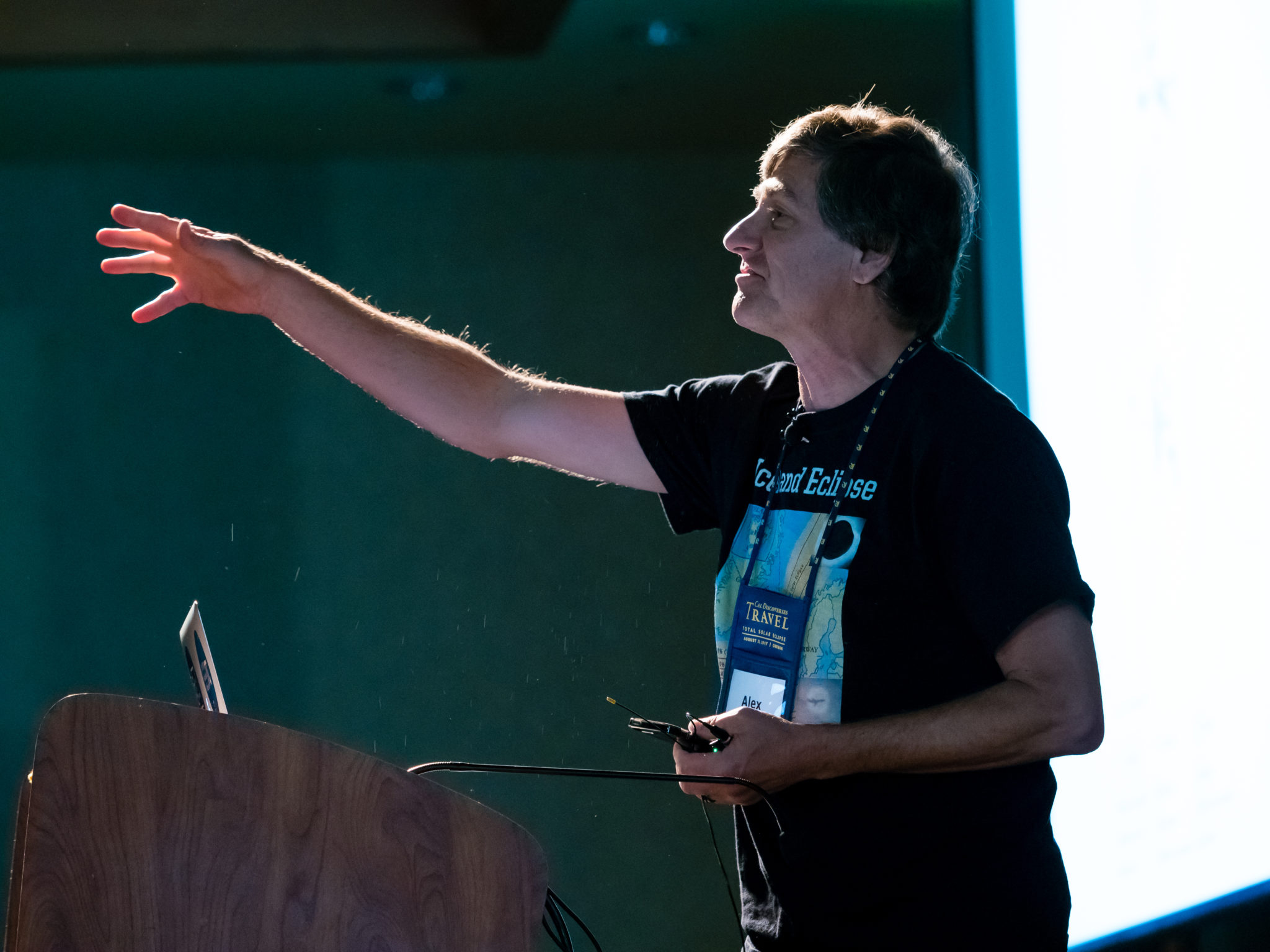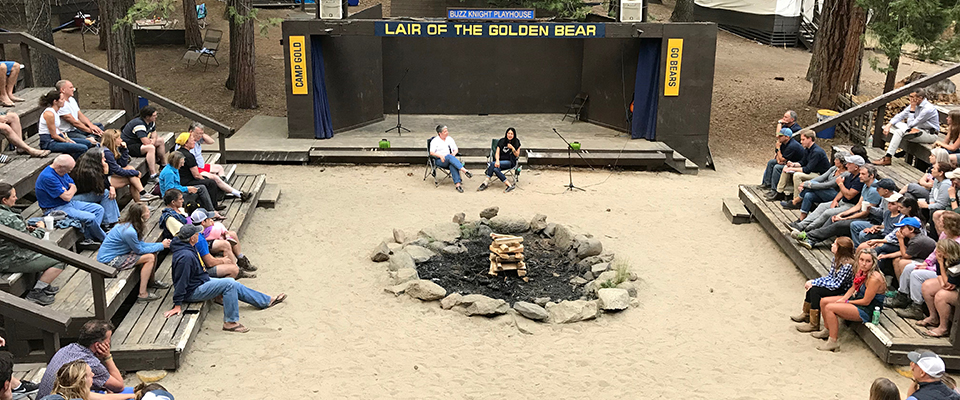Anyone who has heard UC Berkeley professor of astronomy Alex Filippenko discuss exploding stars and giant black holes knows he is passionate about what he does. Campers from the Lair of the Golden Bear got a chance to learn from one of Berkeley’s favorite faculty members at a recent virtual campfire talk, “Exploding Stars and New Planets,” where Filippenko cast light on the fascinating and pioneering research currently being carried out at the University of California’s Lick Observatory.
The birthplace of science in the US, Lick Observatory became the world’s first permanent mountaintop observatory in 1888. It remains a vibrant research facility, serving astronomers and researchers from UC campuses as well as the Lawrence Berkeley and Lawrence Livermore National Laboratories.
One of the principal focuses of research at Lick Observatory is stellar explosion. “Some stars literally explode in a titanic act of self-destruction at the end of their lives, becoming some million or billion times as powerful as the sun,” Filippenko explained. “Exploding stars are not just spectacular to look at, but they’re important for our very existence, because during its life a star generates energy by fusing light elements into heavy elements. Right now, the sun is fusing hydrogen to helium; later it will fuse helium to carbon and oxygen. If stars never exploded, the heavy elements would be forever trapped in their cores and thus not available as raw material for the production of new stars and planets.”
“What we do [at Lick Observatory] is look at thousands of galaxies with a robotic telescope, which has been programmed to take pictures of more than a thousand galaxies a night. We’re interested in identifying genuine exploding stars early in their development.” Lick Observatory supports UC students by training them in error propagation, data analysis, programming, and statistics. “They get such a thrill of discovery by participating in supernova searches,” mentioned Filippenko.
“Having found the supernovae, we then use a bigger telescope to collect more light from the star and pass it through a prism. By analyzing the brightness of a star, we can tell a lot of interesting things, like its chemical composition.”
70 of the first 100 discovered exoplanets were found with a Lick Observatory telescope. The newest telescope to be developed there, the Automated Planet Finder, is indispensable to extrasolar planetary research. “Finding Earth-like planets orbiting other stars means we could let loose our arsenal of telescopes over a variety of wavelengths and try to detect possible communications from aliens.” The Automated Planet Finder is the first telescope capable of detecting rocky, low-mass planets similar to Earth that may support life in other solar systems.
Full recordings of the Lair of the Golden Bear’s 2020 Guest Speaker Series, including Alex Filippenko’s talk, are available on the Lair’s YouTube channel. Learn about the speakers and their topics here.




















